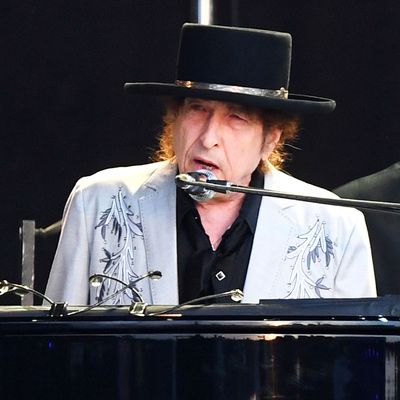
March has been illuminating. We’re learning what we’re made of and what we can and can’t do without. A pandemic is the rare situation that requires governments and citizens to act in concert in order to ensure each other’s well-being. But we live in a bifurcated nation. One half supposes it can live without the other. But COVID-19 doesn’t care about affiliations, doesn’t bow to bluster or to denial. I watched a bit of The Twilight Zone over the weekend, an episode called “The Shelter.” The air-raid siren sounds in a rural community where the local doctor is the only one who invested in a shelter. He hunkers down with family, but friends come knocking. He lets them in against his better judgment. Relations quickly devolve into strife; there’s too many heads and not enough food or air. Outside, neighbors form a mob and bash their way in, looking for protection. The sirens cut out. It’s a false alarm. The townsfolk return to their homes, shaken by the realization that they’d all rather die than see someone else survive. Rod Serling’s simple closing koan has stuck with me: “For civilization to survive, the human race has to remain civilized.”
What was true of America in 1961, where all-out nuclear war was briefly on the table, persists in 2020. Selfish thinking is reflex, but it’s much worse for everyone than a little kindness, than a little comfort. To that end, Bob Dylan, poet and performer who played his first noteworthy gigs in New York City in that ’61 spring, has offered a poignant message about sticking it out through tough times. On the surface, “Murder Most Foul,” the first original Dylan song since 2012’s Tempest album, presents as a musical Zapruder film, documenting the scene in Dallas on the day President John F. Kennedy was assassinated in garish detail not unlike the grim, focused slice-of-life poetry Sun Kil Moon’s Mark Kozelek perfected on 2014’s Benji. The deeper you get into the song, the more you realize it’s not about the shooting, exactly. Really, the murder is mise-en-scène. The story here is the power of music as a respite in rapidly evolving times.
Dig into the lyrics, and “Murder Most Foul” reveals a web of references to classic songs and songwriters, telling the story of the shifting tides of culture and the music that carried the country through the worst in a four-hour playlist’s worth of tunes. It highlights Beatlemania assuaging the tumult of ’63 and the psychedelic sojourners preaching peace in the midst of an upheaval at the other end of the decade, capped off by the violence at Altamont Speedway in 1970 and the war in Vietnam. By invoking and juxtaposing these historical points of interest, Dylan paints a picture of a decade that stumbled out of the gate but gained footing in an outpouring of art and hope. As the Kennedy allusions quiet down, and Dylan rattles off the names of timeless standards like an excited fan requesting songs from a DJ, “Murder Most Foul” reaches the highs of the singer-songwriter’s sharpest latter-day compositions. It’s an affecting finish. The great American songcatcher, whose got his start playing other people’s songs, tips his hat to those who came before and after him. The Nobel Prize for Literature awarded to Dylan in 2016 remains in good hands.
The image of a nation huddled around the radio looking for solace in times of tragedy is a mirror on the present, as American cities in lockdown wait for good news about the end of the current crisis. We are all, for the first time in years, facing the same foe. But we’re not all on the same page. Shoppers are hoarding precious supplies, and shops are ramping up the prices. People continue to gather in crowds in spite of orders from doctors and epidemiologists. Will this be a decade where we set aside our differences long enough to serve the greater good, or do we pry the union apart thread by thread, drunk on the myth of exceptionalism and the siren song of individualism?


